Dressing for Success: What to Wear to Your Interview
Learn how to make a great first impression with the right interview attire that aligns with your industry and company culture.
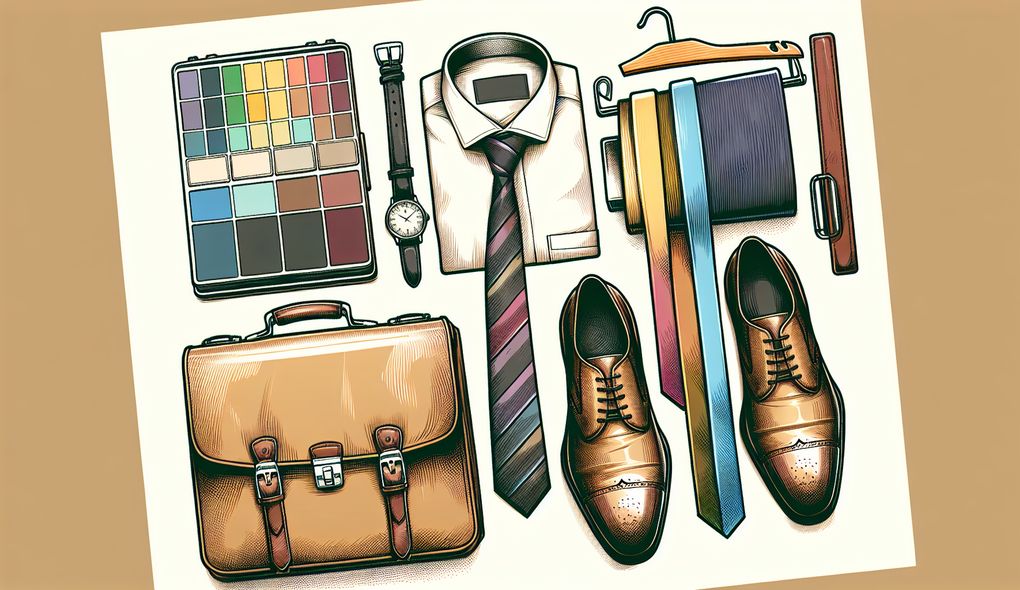
A job interview is not just a platform to discuss your qualifications and experience; it's also an opportunity to make a formidable first impression. The adage 'Dress for Success' is particularly pertinent when it comes to interviews. Your attire can either kick-start a dynamic interaction on the right foot, or it could set the wrong tone even before you've had the chance to showcase your aptitude. The clothing you choose to wear is a direct reflection of your respect for the interviewer and the company, as well as an indication of how seriously you take the opportunity.
Understanding the Company Culture
Before you start planning your outfit, it's crucial to understand the company's culture. A tech startup may have a more relaxed dress code compared to a finance corporation. Do some digging: check out the company’s website, social media, or even give them a call to understand the expected dress code. This preliminary research will ensure that you don't show up overdressed or underdressed.
Industry Standards
Different industries have different norms when it comes to attire. For instance, law firms and finance institutions often expect traditional business attire, while creative fields may allow for more expression through clothing. Always opt for a more conservative approach if you're unsure – it’s better to be slightly overdressed than underdressed.
For Men
- Traditional Business: Opt for a well-tailored suit in a neutral color like navy, black, or grey. Combine it with a crisp white shirt and a conservative tie. Ensure your shoes are polished, and accessories are minimal.
- Business Casual: A step down from full business attire, consider wearing slacks or chinos with a button-up shirt. You can add a blazer to elevate the look. Avoid sneakers and go for loafers or dress shoes.
- Casual: For more relaxed industries, clean and unwrinkled attire still matters. A neat polo shirt paired with khakis or well-fitting jeans can be appropriate. Make sure your shoes are clean and in good condition.
For Women
- Traditional Business: A suit with pants or a skirt in a conservative color works well. Skirts should be of a professional length, and tops should not be low-cut. Closed-toe heels or flats are the safest footwear options, and jewelry should be understated.
- Business Casual: You might opt for dress pants or a pencil skirt with a blouse. A cardigan or blazer can complete your outfit. Stick with closed-toe shoes, and be mindful of heel height.
- Casual: Even in a more laid-back setting, it's important to look polished. Dark jeans paired with a blazer or a tasteful, casual dress could be suitable. Keep it professional by avoiding overly casual footwear like flip-flops or sneakers.
Colors and Patterns
Neutral colors are generally the safest choice for interviews as they convey professionalism. However, adding a touch of color through a tie, scarf, or accessory can show personality. Aim for subtle patterns; anything too loud can be distracting.
The Fit Matters
Your clothes should fit well; neither too tight nor too loose. Ill-fitting clothes are not only uncomfortable but can also appear unprofessional. It's worth investing in alterations if necessary to secure that perfect fit.
Grooming
Grooming is just as important as the outfit itself. Ensure your hair is neat, nails are clean, and any facial hair is well-trimmed. For perfume or cologne, remember that less is more – an overpowering scent can be off-putting.
Preparing the Night Before
To avoid last-minute problems, prepare your outfit the night before the interview. Check for any wrinkles, missing buttons, or stains, and ensure everything is clean and ready to wear.
The Complete Package
While the right attire is critical, remember it’s also about confidence and attitude. Dressing well can bolster your confidence, but be sure to also focus on your demeanor, ¬¬body language, and communication skills.
Ultimately, what you wear should empower you to feel confident and professional. By aligning your attire with the company culture and industry expectations, you can step into your interview knowing you've set the stage for a successful encounter. Follow these guidelines to ensure your first impression is not just positive, but memorable.
Frequently Asked Questions
1. Why is dressing appropriately for an interview important?
Dressing appropriately for an interview is crucial because it directly impacts the first impression you make on the interviewer. Your attire reflects your respect for the opportunity and the company, showcasing your professionalism and attention to detail.
2. How can I determine the company's dress code before the interview?
Before the interview, research the company through their website, social media, or by contacting them directly. This will give you a sense of their culture and expected dress code, helping you choose the appropriate attire for the interview.
3. What should I wear for a traditional business interview?
For a traditional business interview, men should opt for a well-tailored suit in neutral colors with a white shirt and conservative tie. Women can choose a suit with pants or a skirt in professional colors, paired with closed-toe heels or flats and understated jewelry.
4. Is it better to be overdressed or underdressed for an interview?
It is generally better to be slightly overdressed than underdressed for an interview. When in doubt, it's safer to opt for a more conservative and formal attire to show respect for the opportunity and the interviewer.
5. Can I wear accessories and add a pop of color to my outfit?
Accessories and subtle pops of color can show personality and style, but it's important to keep them tasteful and not too distracting. Adding a colorful tie, scarf, or accessory can help you stand out while still maintaining a professional appearance.
6. How should I ensure my outfit fits well for the interview?
It's essential that your clothes fit well and are neither too tight nor too loose. If needed, consider getting alterations done to ensure a perfect fit. Ill-fitting clothes can be uncomfortable and give off an unprofessional appearance.
7. What grooming tips should I keep in mind for an interview?
Grooming is key for a polished look. Make sure your hair is neat, nails are clean, and any facial hair is well-groomed. Use perfume or cologne sparingly, as an overpowering scent can be distracting during the interview.
8. How can I avoid wardrobe malfunctions on the day of the interview?
To prevent last-minute wardrobe issues, prepare your outfit the night before. Check for wrinkles, missing buttons, or stains, and ensure everything is clean and ready to wear. This preparation will help you feel confident and stress-free on the day of the interview.
Further Resources
1. Dress for Success - The Ultimate Guide
This detailed guide provides insights into dressing for success in various industries and offers tips on creating the perfect interview attire. Read more
2. Mastering Interview Attire: Dos and Don'ts
Learn about the dos and don'ts of interview attire, including specific examples for different dress codes and industries. Enhance your understanding of professional dressing with this resource. Explore now
3. Industry-Specific Dress Codes Demystified
Get a comprehensive breakdown of dress codes across different industries, from corporate to creative fields. Understand the nuances of dressing appropriately for your job interviews. Discover more
4. Grooming and Professionalism Tips
Explore grooming tips and advice on maintaining a professional appearance beyond just clothing. Learn about grooming essentials and how they contribute to your overall presentation. Learn more
5. The Power of Non-Verbal Cues in Interviews
Delve into the significance of non-verbal cues during interviews and how your body language can impact your success. Uncover strategies to enhance your non-verbal communication skills. Read the article

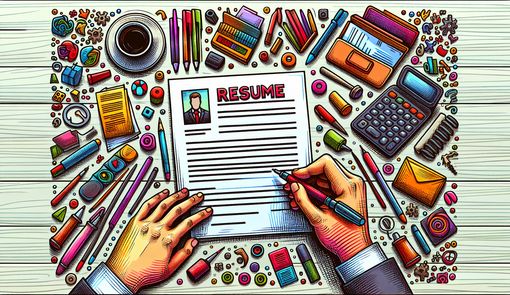 Resume and Cover Letter Writing
Resume and Cover Letter Writing Interview Preparation
Interview Preparation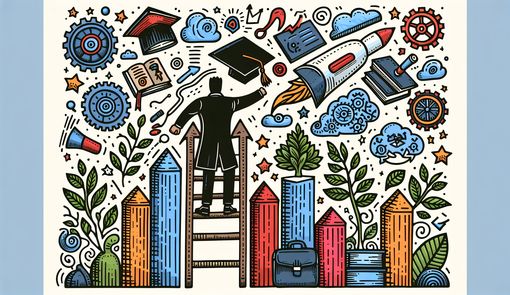 Career Development
Career Development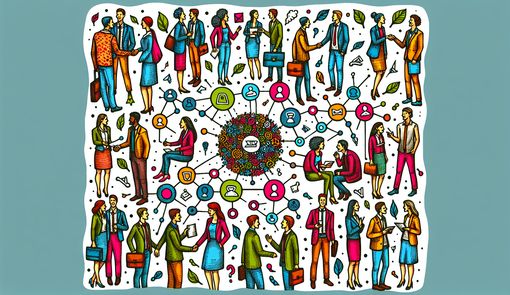 Networking and Personal Branding
Networking and Personal Branding Workplace Skills
Workplace Skills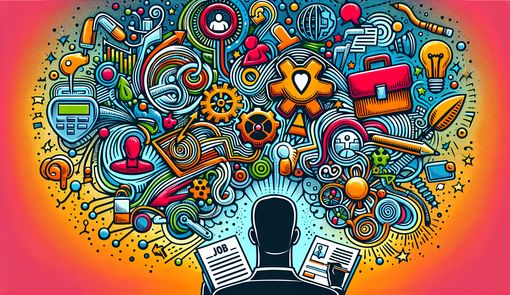 Job Search Strategies
Job Search Strategies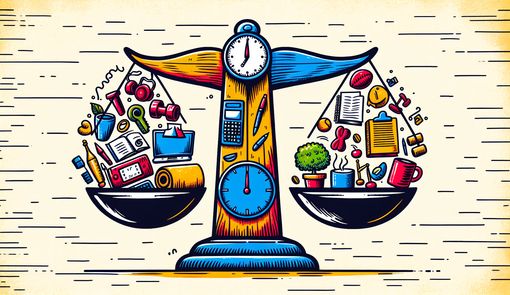 Work-Life Balance
Work-Life Balance Salary Negotiation
Salary Negotiation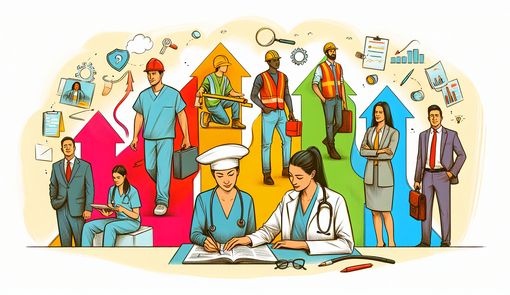 Career Transitions
Career Transitions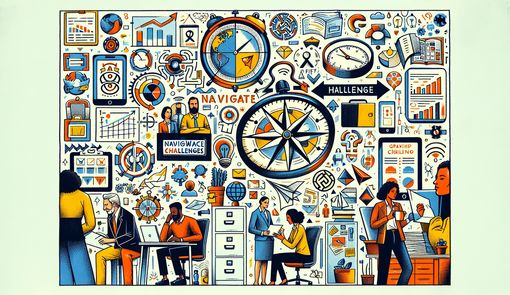 Navigating Workplace Challenges
Navigating Workplace Challenges Professional Growth
Professional Growth Trends in the Workplace
Trends in the Workplace